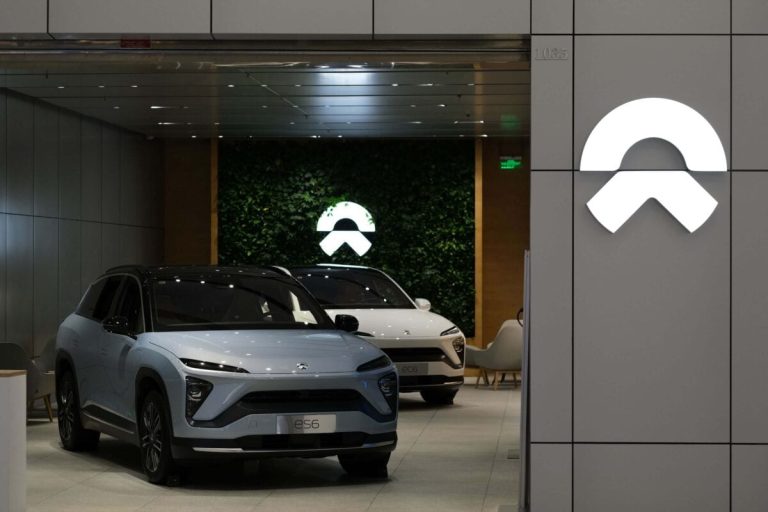
Introduction
Technological innovations are continuously altering the fabric of our lives. As we approach 2025, numerous advancements are expected to redefine industries, enhance productivity, and improve our daily experiences. This article will delve into the key technological innovations shaping the future.
Artificial Intelligence and Machine Learning
Artificial Intelligence (AI) and Machine Learning (ML) are at the forefront of technological innovation. These technologies are being integrated into various sectors, enhancing decision-making processes and streamlining operations. By 2025, AI applications will be ubiquitous, from autonomous vehicles to personalized education systems.
Impacts on Business
Businesses are leveraging AI to gain insights from vast amounts of data, allowing for better customer service and targeted marketing strategies. Automation is reducing operational costs and increasing efficiency. For more on how technology impacts business, check out our article on Tech Innovations and Gadget Releases Analysis.
Blockchain Technology
Blockchain is revolutionizing how data is stored and shared. Beyond cryptocurrencies, its application in supply chains, healthcare, and finance is paving the way for more transparent and secure transactions. By 2025, we can expect widespread adoption of blockchain, enhancing trust across various sectors.
Enhancing Security
Blockchain’s decentralized nature makes it highly secure, reducing the risk of data breaches. This is particularly important in sectors like finance and healthcare, where data integrity is paramount. For insights on sustainable practices, see our post on Sustainable Living: Emerging Trends for 2025.
5G and IoT Integration
The rollout of 5G technology is set to transform connectivity. With faster speeds and lower latency, the Internet of Things (IoT) will flourish, connecting devices in unprecedented ways. By 2025, smart homes, cities, and industries will rely heavily on this integration.
Smart Environments
Smart technologies will enhance efficiency in energy consumption, traffic management, and public services, contributing to sustainable urban development.
Quantum Computing
Quantum computing is on the horizon, promising to solve complex problems that are currently unmanageable for classical computers. By 2025, advancements in this field could revolutionize industries such as pharmaceuticals, logistics, and cryptography.
Disruption of Traditional Processes
As quantum computing becomes more accessible, it will disrupt traditional processes, leading to faster drug discovery and optimized logistics.
Conclusion
The technological innovations shaping 2025 are set to redefine our world in profound ways. From AI and blockchain to 5G and quantum computing, these advancements will enhance our lives and create new opportunities. Embracing these changes will be crucial for individuals and businesses alike as we move towards an increasingly digital future.






